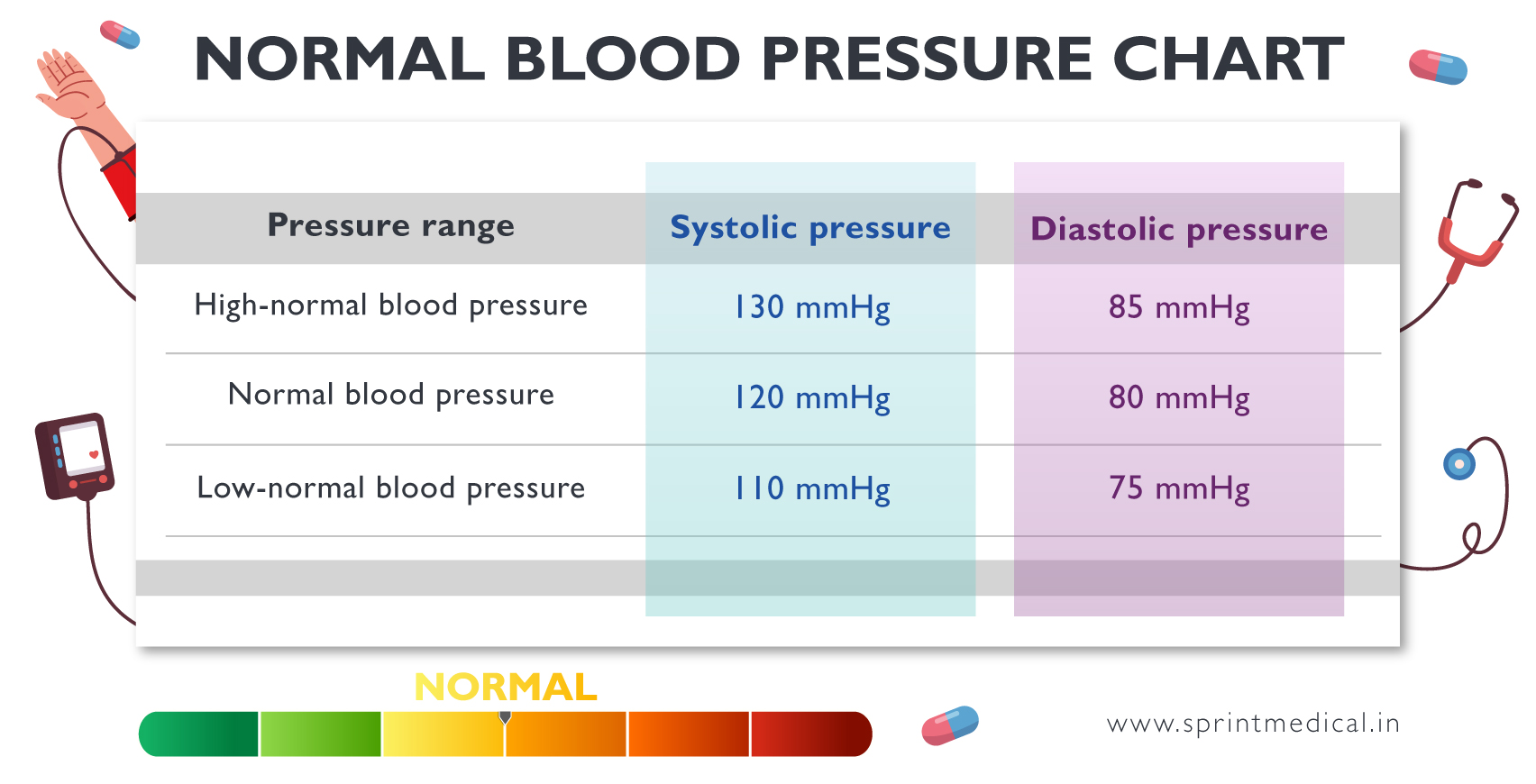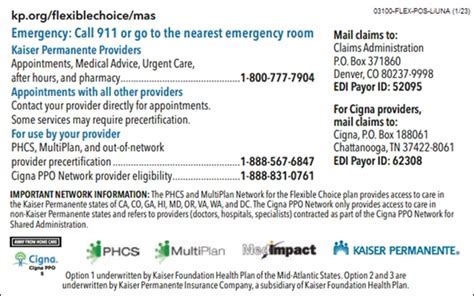Normal Blood Pressure

Understanding and maintaining normal blood pressure is crucial for overall health and wellness. Blood pressure, the force of blood pushing against the walls of arteries as it circulates throughout the body, is a key indicator of cardiovascular health. It is measured in millimeters of mercury (mmHg) and consists of two numbers: systolic pressure (the top number, which measures the pressure in the arteries when the heart beats) and diastolic pressure (the bottom number, which measures the pressure in the arteries between beats when the heart is at rest). According to the American Heart Association, a normal blood pressure reading is typically below 120⁄80 mmHg.
The Importance of Normal Blood Pressure
Maintaining normal blood pressure is essential for preventing complications such as heart disease, stroke, and kidney disease. High blood pressure, or hypertension, can lead to these conditions by causing the heart to work harder, which can result in damage to blood vessels, the heart, and other organs. Conversely, low blood pressure, or hypotension, can lead to inadequate blood flow to vital organs, causing dizziness, fainting, and in severe cases, organ failure.
Factors Influencing Blood Pressure
Several factors can influence blood pressure, including:
- Genetics: Family history can play a significant role in blood pressure levels. Individuals with a family history of hypertension are more likely to develop high blood pressure.
- Age: Blood pressure tends to increase with age. This is due to the stiffening of blood vessels and the accumulation of plaque, which can narrow the arteries and increase blood pressure.
- Diet: Consuming high amounts of sodium, saturated fats, and cholesterol can increase blood pressure. Conversely, a diet rich in fruits, vegetables, whole grains, and lean proteins can help maintain normal blood pressure.
- Physical Activity: Regular physical activity can help lower blood pressure and maintain cardiovascular health.
- Stress Levels: Chronic stress can contribute to increased blood pressure levels.
- Sleep: Poor sleep quality and duration can negatively affect blood pressure.
Maintaining Normal Blood Pressure
Several strategies can help maintain normal blood pressure:
1. Healthy Diet
Adopting the DASH (Dietary Approaches to Stop Hypertension) diet, which emphasizes consumption of fruits, vegetables, low-fat dairy products, and lean proteins, can help lower blood pressure. Reducing sodium intake and limiting alcohol consumption are also beneficial.
2. Regular Physical Activity
Engaging in at least 150 minutes of moderate-intensity aerobic activity, or 75 minutes of vigorous-intensity aerobic activity, or a combination of both, each week can help maintain normal blood pressure.
3. Weight Management
Maintaining a healthy weight can help reduce the risk of developing high blood pressure. Even small amounts of weight loss can make a significant difference.
4. Stress Management
Techniques such as meditation, deep breathing exercises, and yoga can help manage stress levels, which in turn can help maintain normal blood pressure.
5. Regular Health Check-Ups
Regular monitoring of blood pressure and discussing any concerns with a healthcare provider can help identify potential issues early on.
When to Seek Medical Attention
If you experience any symptoms of high or low blood pressure, such as severe headaches, dizziness, or chest pain, it is essential to seek medical attention promptly. Additionally, if you have been diagnosed with hypertension or hypotension, following your treatment plan and making lifestyle changes as recommended by your healthcare provider is crucial for maintaining normal blood pressure and preventing complications.
Conclusion
Normal blood pressure is a critical component of overall health, and understanding the factors that influence it and how to maintain it is essential for preventing cardiovascular diseases. By adopting a healthy lifestyle, including a balanced diet, regular physical activity, stress management, and regular health check-ups, individuals can take proactive steps towards maintaining normal blood pressure and reducing the risk of related complications.
What is considered normal blood pressure?
+Normal blood pressure is typically defined as a reading below 120⁄80 mmHg.
How can I maintain normal blood pressure?
+Maintaining a healthy diet, engaging in regular physical activity, managing stress, getting adequate sleep, and avoiding excessive alcohol and sodium intake can help maintain normal blood pressure.
What are the risks of not maintaining normal blood pressure?
+Failure to maintain normal blood pressure can lead to complications such as heart disease, stroke, and kidney disease. High blood pressure can cause the heart to work harder, leading to damage over time, while low blood pressure can result in inadequate blood flow to vital organs.



